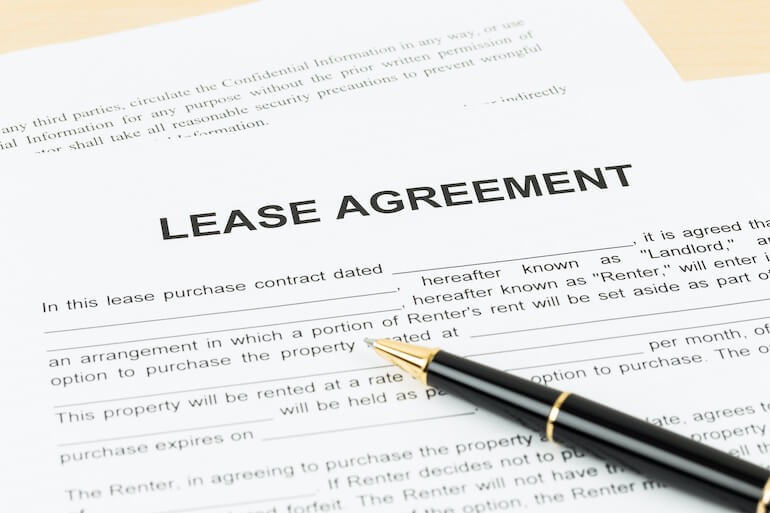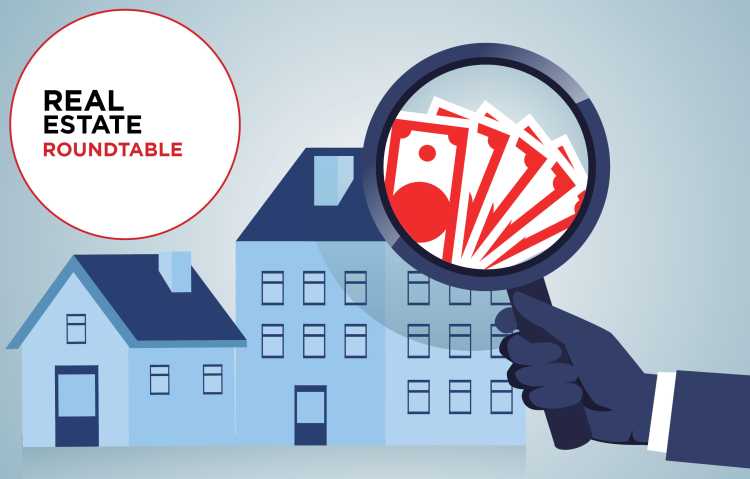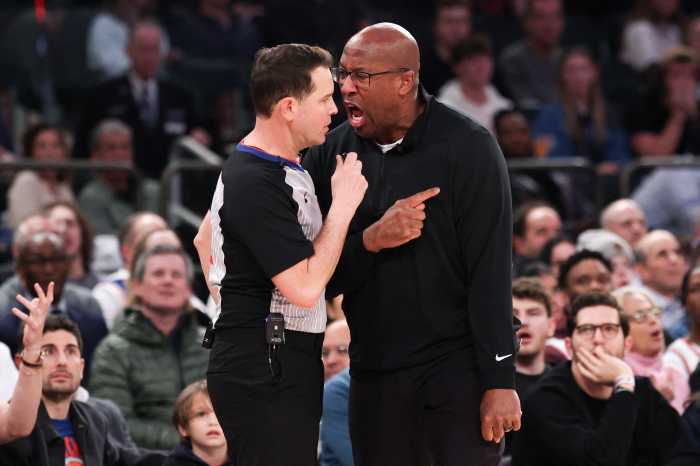Everyone is in the Hamptons this summer. Tenants fled here in March. They are staying even after they were supposed to go back to the city at the end of their lease terms. Unfortunately, tenants have unilaterally elected to illegally holdover in their former rentals because it’s not just more beautiful here, it’s safer. This has caused major problems for buyers, sellers, and legitimate tenants alike.
Landlords have tried to stop these holdovers to no avail. Landlords have tried threatening with no luck. Landlords have tried begging with no luck. Landlords have even tried bribing with no luck. Nothing has worked. These holdovers just won’t leave our community and go home.
As a result of holdover tenants, our local property owners’ finances have been destroyed. Hamptons’ owners have been destroyed because they are unable to deliver possession to their legitimate prime season tenants, who they typically rely upon to pay their bills. Moreover, they have been unable to sell, in a really hot market, because they can’t deliver a vacant property. Yet, help is on the way. Our region’s eviction courts are reopening and landlord attorneys are preparing documents today to start the eviction process and save our property owners from foreclosure, or worse.
Ironically, early season tenants were initially thought to be a blessing to Hamptons’ landlords. As the rich fled the city to escape COVID, they sought refuge in the Hamptons during our pre-season. They offered top dollar to landlords for the opportunity to stay at off-season rentals. Landlords jumped at this opportunity and they initially made tens of thousands of dollars in “extra” rent for the year. Yet, the initial benefits from April and May rentals have become the horrors of June, July, and August. These early season tenants just won’t leave our region even when they are required to by the terms of their leases.
Good news. On June 20, 2020, the statewide eviction moratorium expired. However, it’s not as good as it sounds. First, eviction hearings won’t happen on new filings until at least July 6, 2020. Plus, tenants who are eligible for unemployment insurance or benefits under federal or state law or are otherwise facing financial hardship due to COVID-19 are prohibited from being evicted for non-payment until August 20, 2020. This financial hardship prohibition poses another major problem for landlords. How can a landlord know whether a tenant is facing such a hardship?
To know, and be able to swear under oath to this knowledge, a landlord is now required to notice their tenant with a pre-commencement questionnaire about such financial hardships and provide their tenant with enough time for a responsive writing. Additionally, there are now two new legal documents that are required to bring an eviction proceeding in the State of New York. As a result, landlords’ costs to evict are going up and it’s just not fair that they have to pay for tenants’ greed and contract breaches. Simply, if you want to enjoy our paradise – honor your lease or don’t come.
Now, to start an eviction proceeding, landlords are required to include a good faith affidavit. This affidavit is required to swear that the landlord has reviewed the various state and federal restrictions and qualifications on eviction proceeding and that the landlord believes, in good faith, that the proceeding is consistent with those restrictions and qualifications. Plus, landlords are required to include a notice to their tenants, in both English and Spanish, informing them that they may be eligible for an extension of time to respond to the petition in light of legal directives related to the COVID-19 pandemic, and directing them to a telephone number and/or
website link for further information. These new documents are in addition to the prior onerous requirements to start an eviction proceeding, including the drafting and service of a notice of termination, predicate notice, petition, notice of petition, and affidavits of service. As you can see, even with the help of the courts, landlords are really being hurt by tenants who just won’t leave.
Yet, pain is temporary and attorneys are prepared to process all of these requirements for landlords right now. Simply, landlords should just outsource these obligations and go to the beach until it’s all over. You only live once and being aggravated isn’t worth it. Plus, landlords should rejoice in the fact that their attorneys can pursue money judgments against their former tenants to compensate them for their lost use and occupancy. In fact, these fees can be up to three times the amount of the prior rent. However, these multiples, for use and occupancy damages, are only available if landlords were smart enough to have such a lease requirement in their rental in the first place. Plus, landlords, who used well-drafted leases, can likely pursue attorneys’ fees for the eviction because good leases include such a provision.
In the end, landlords who run their vacation property like a business will survive. Landlords who planned properly, with attorney-drafted leases, and kept reserve funds for a rainy day will likely be made whole through the court system, at least in part. Karma is coming for holdover tenants. They will face their due and end up on the short end of a money judgment that can be enforced for the next twenty years. Perhaps, next time, tenants will leave when they were supposed to and honor the terms of their lease.
Andrew M. Lieb, Esq., MPH, is the managing attorney of Lieb at Law P.C. and a contributing writer for Behind the Hedges.




















